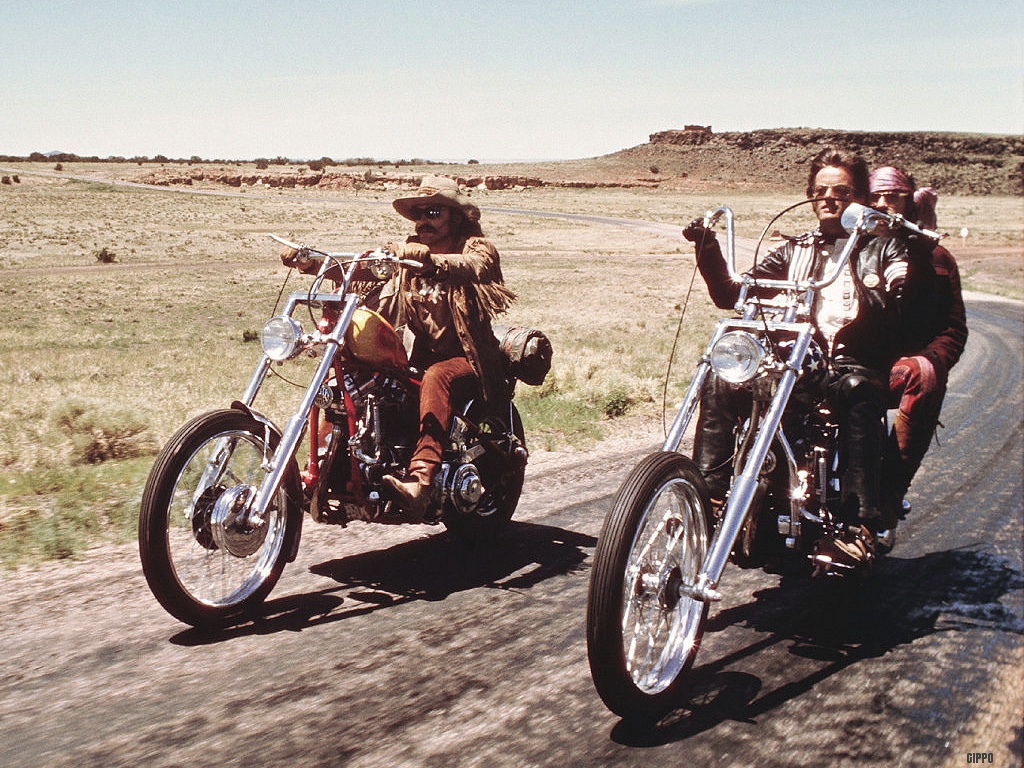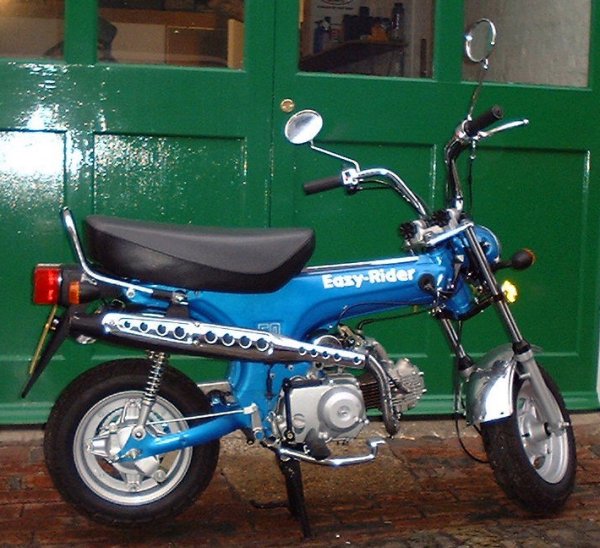A little bit more on wheels to work
as it says on the tin...
Here's just a little bit more about the origins of Wheels to Work and how successful it has been to date. It was originally trialled in Shropshire by the Countryside Agency with Rural Transport Partnership funding. It started with 50 bikes and had crystallised into a workable form by 2002 when a best practice guide was written.
It typically now charges individuals around £20 a week for use of a moped or scooter, but schemes do differ slightly, depending on local need and whether the particular scheme is a social enterprise, local authority or charitably run organisation and how it is funded.
Unfortunately since its origins the scheme has experienced a funding gap, as the Countryside Agency is no more. However the Motorcycle Industry Association (MCI), which supports W2W, has drawn this to the attention of ministers at the Department of Transport - hence Norman Baker's recent speech in support of W2W and its acquisition of £50,000 to help with national coordination.
The scheme needs this help urgently as it has sadly dwindled since the funding gap, and now there are only 30 schemes still operating from a high of 60 in its prime, and there are no longer any schemes at all running in Wales or Scotland where the need is obviously great.

No not like this - they're not goin to work!
Most W2W schemes have now realised that they will have to try to move towards self sustainability in order to survive, as funding is now unreliable.
The grant for a coordinator is in recognition of the fact that W2W schemes need to be brought together in a way which makes it easier for manufacturers to support them nationally as well as locally.
One hopeful measure of success is that the DfT, DWP and Defra have agreed to do a cost benefit analysis of the W2W schemes and this is the story so far:
* Since 2001, one of the west country W2W schemes has helped over 2000 young people.
* One of the schemes has budgeted a turnover for 2011/12 of £737,577 and during 2010/11 this was just over a million, supporting about 300 riders on the road at any one time.

More like this!
* Over the past few years, the number of W2W schemes has halved to around 30
* Because bids for funding had to be made by local authorities, only 4 schemes benefited from tranche 1 of the Local Sustainable Transport Fund. The winning bids from tranche 2 were announced at the end of May this year, with several more schemes due to get funding to aid a move towards sustainability.
* At the current time there are about 800 young people on mopeds, scooters or bicycles provided by W2W, who would not be able to access work, training or education without this essential transport - so it makes sense for the government to help the scheme as much as it can as that's 800 more unemployed people without it.
The MCI has been funding research into W2W for the last two years and this has raised the profile so that the scheme may be saved before it's too late.
Let's hope this great idea manages to stay on the road and to continue to help young riders on their way into the world of work.

